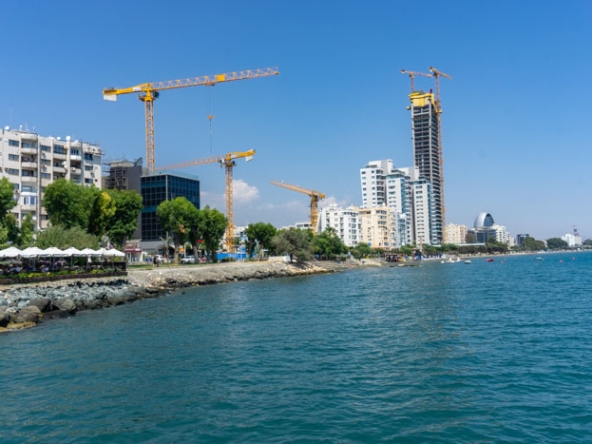Cyprus has one of the highest levels of fossil fuel use in the European Union. This is despite the fact that the EU’s overall dependence on fossil fuels has decreased significantly in recent decades.
The methodology for calculating this takes into account the ratio of fossil fuels to the total energy demand of a country or region. The EU’s dependence on fossil fuels in its total energy supply was 70.9% in 2022. Since 1990, the beginning of the data series, this represents a decrease of around 11.5 percentage points (pp).
The main factor in this has been the increased use of renewable energy sources.
Malta remained the EU country with the highest share of fossil fuels in total available energy (96.1%) in 2022. It was followed by Cyprus (89.3%) and the Netherlands (87.6%).
In most other EU countries, the share was between 50% and 85%. Only in Sweden (30.4%) and Finland (38.3%) was the share below 50%.
Compared to 2021, the largest (albeit relatively small) decrease in the share of fossil fuels in total available energy occurred in Latvia (-3.7 pp), Slovakia (-2.1 pp) and Hungary (-1.9 pp). The largest increases were recorded in Estonia (+4.2 pp), France (+2.9 pp) and Bulgaria (2.8 pp).
2022 saw a decline in nuclear energy production, which was not offset by renewable energy sources.
The high level of fossil fuel use in Cyprus is due to a number of factors, including:
- The country’s lack of indigenous energy resources
- The high cost of renewable energy
- The lack of government support for renewable energy
The high level of fossil fuel use has a number of negative consequences for Cyprus, including:
- Increased air pollution
- Increased greenhouse gas emissions
- Increased vulnerability to energy price shocks
The government of Cyprus is committed to reducing the country’s dependence on fossil fuels. It has set a target of increasing the share of renewable energy in the total energy supply to 20% by 2030.
The government is also investing in energy efficiency measures and is working to develop the country’s indigenous energy resources.
The transition to a low-carbon economy will be a challenge for Cyprus, but it is essential for the country’s long-term economic and environmental sustainability.




